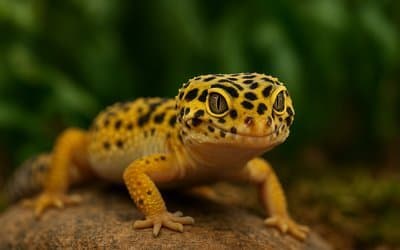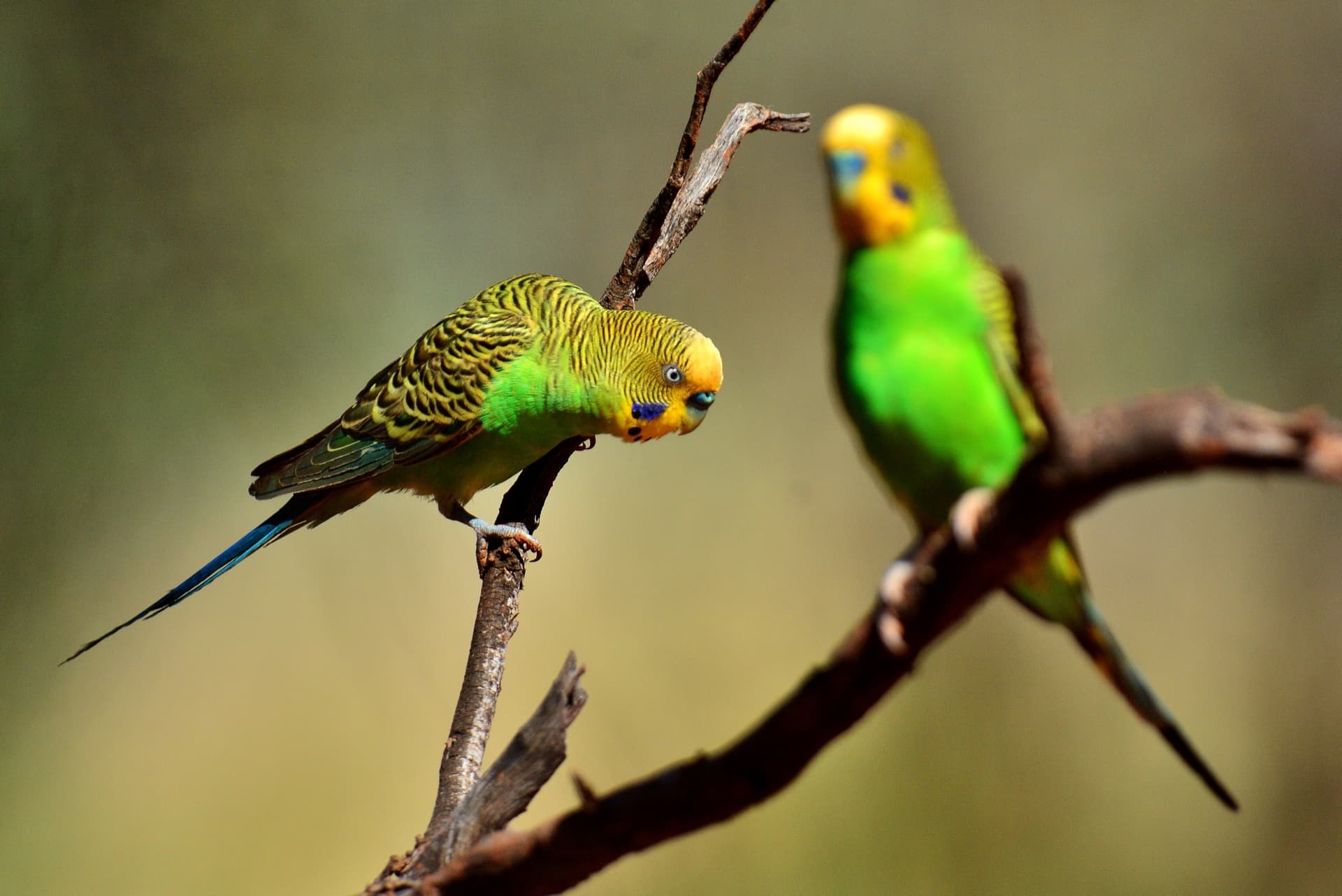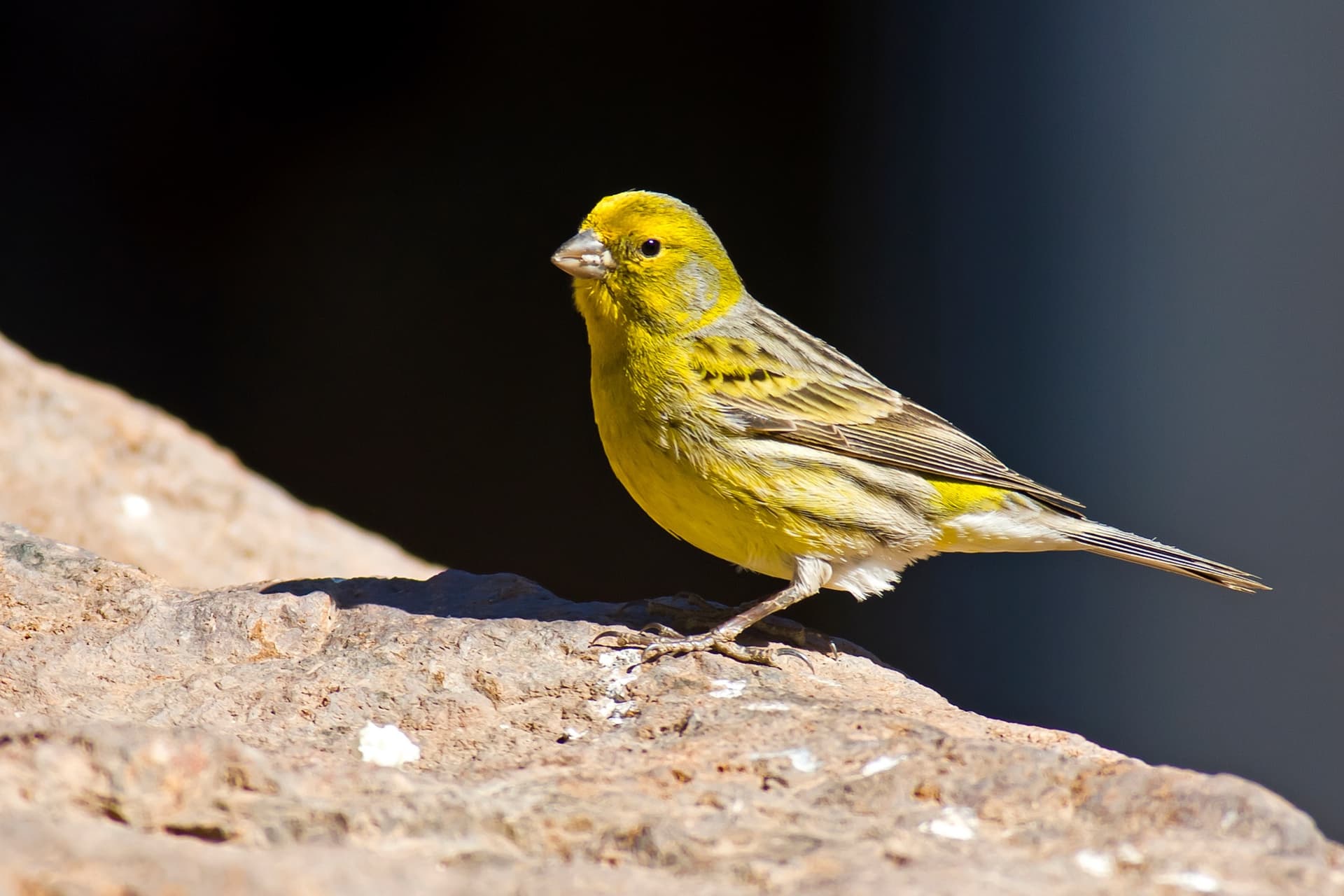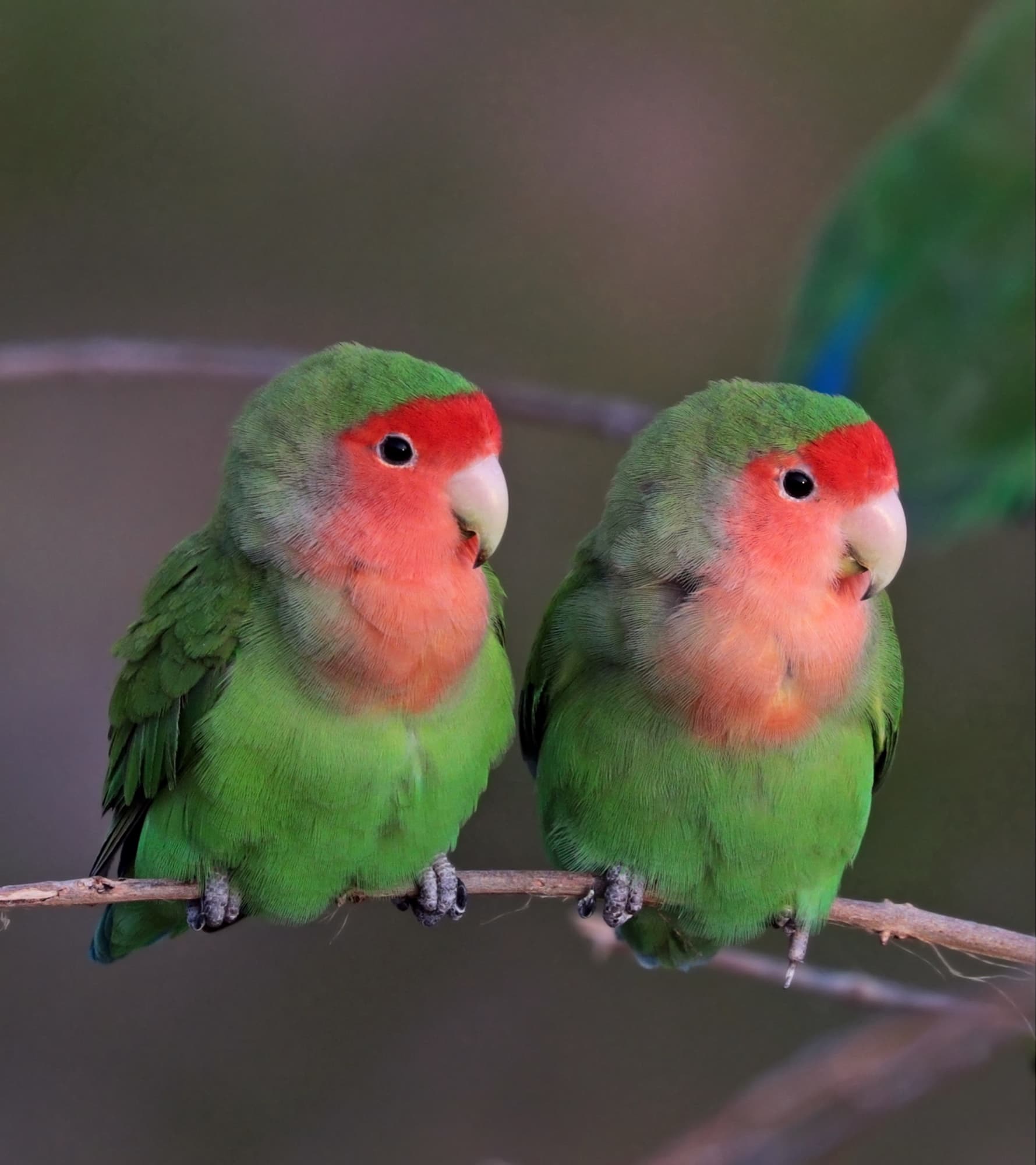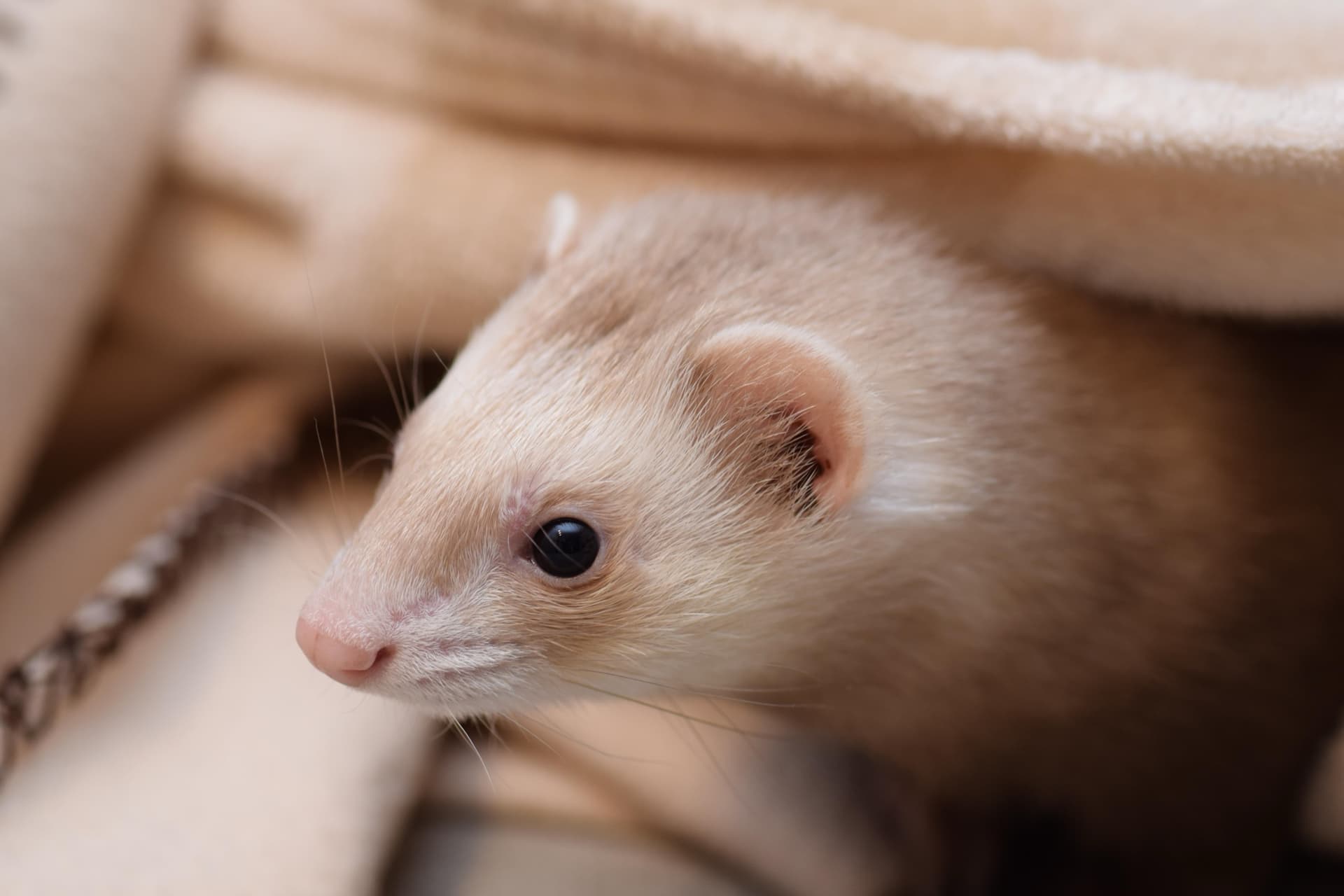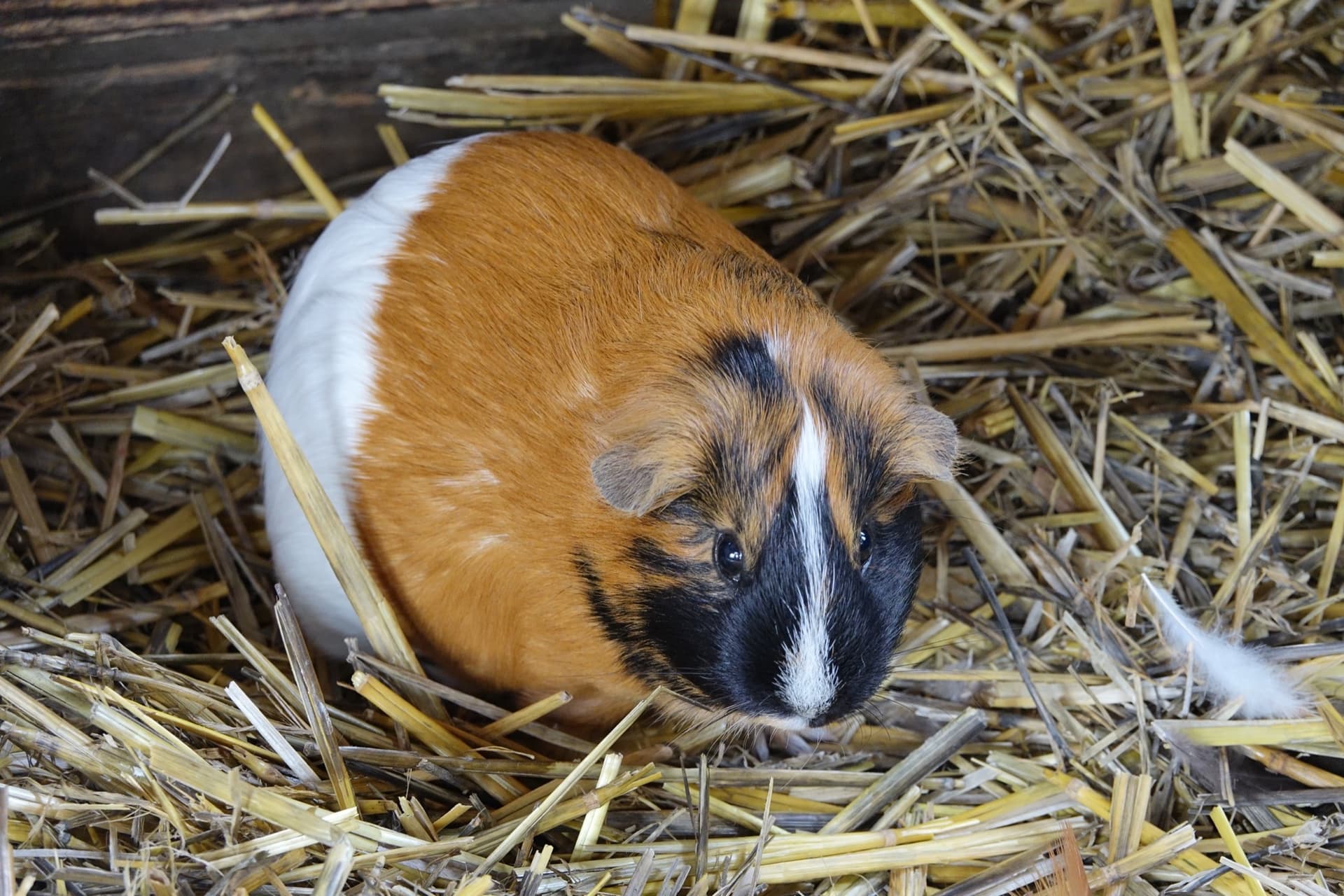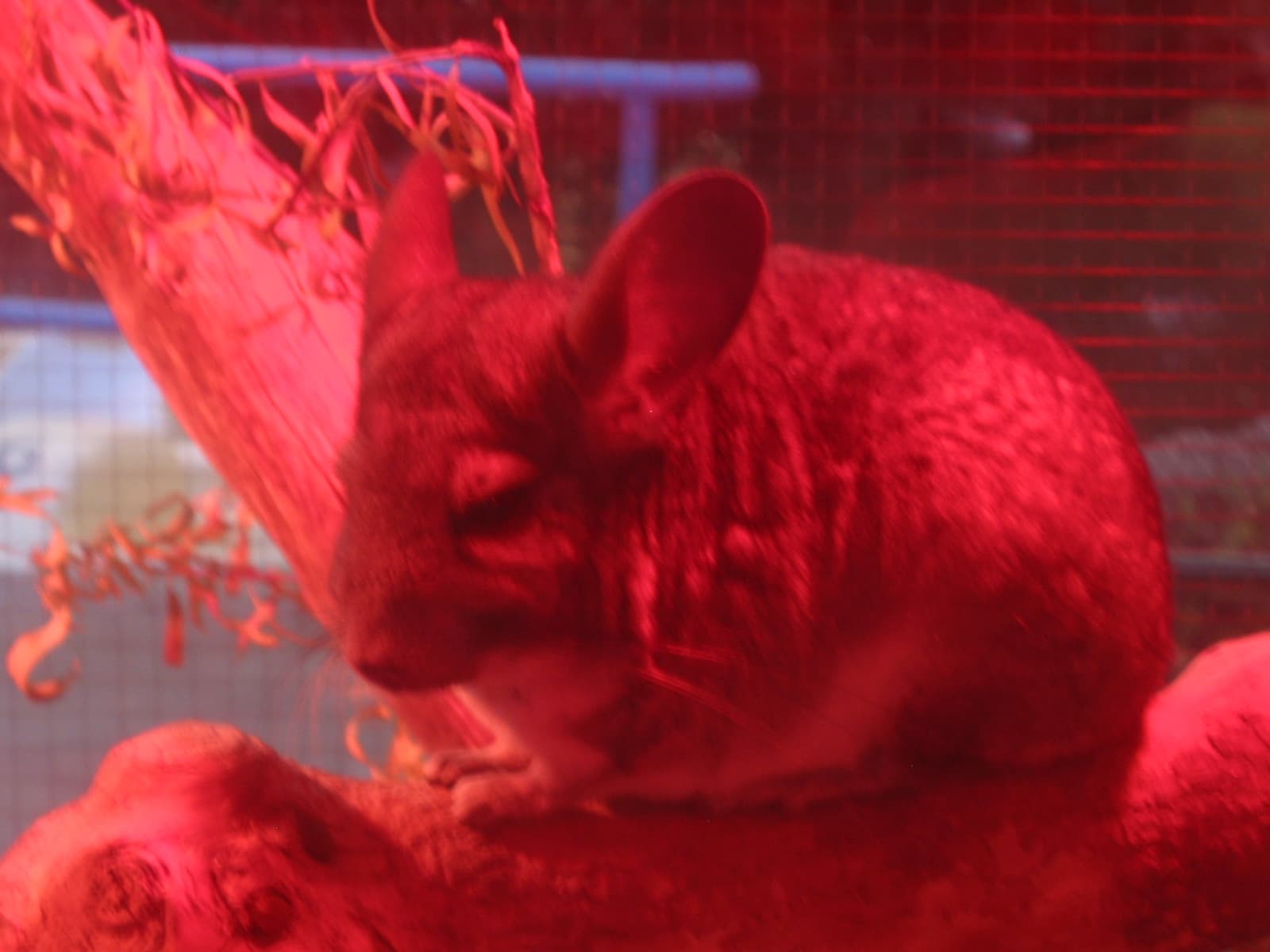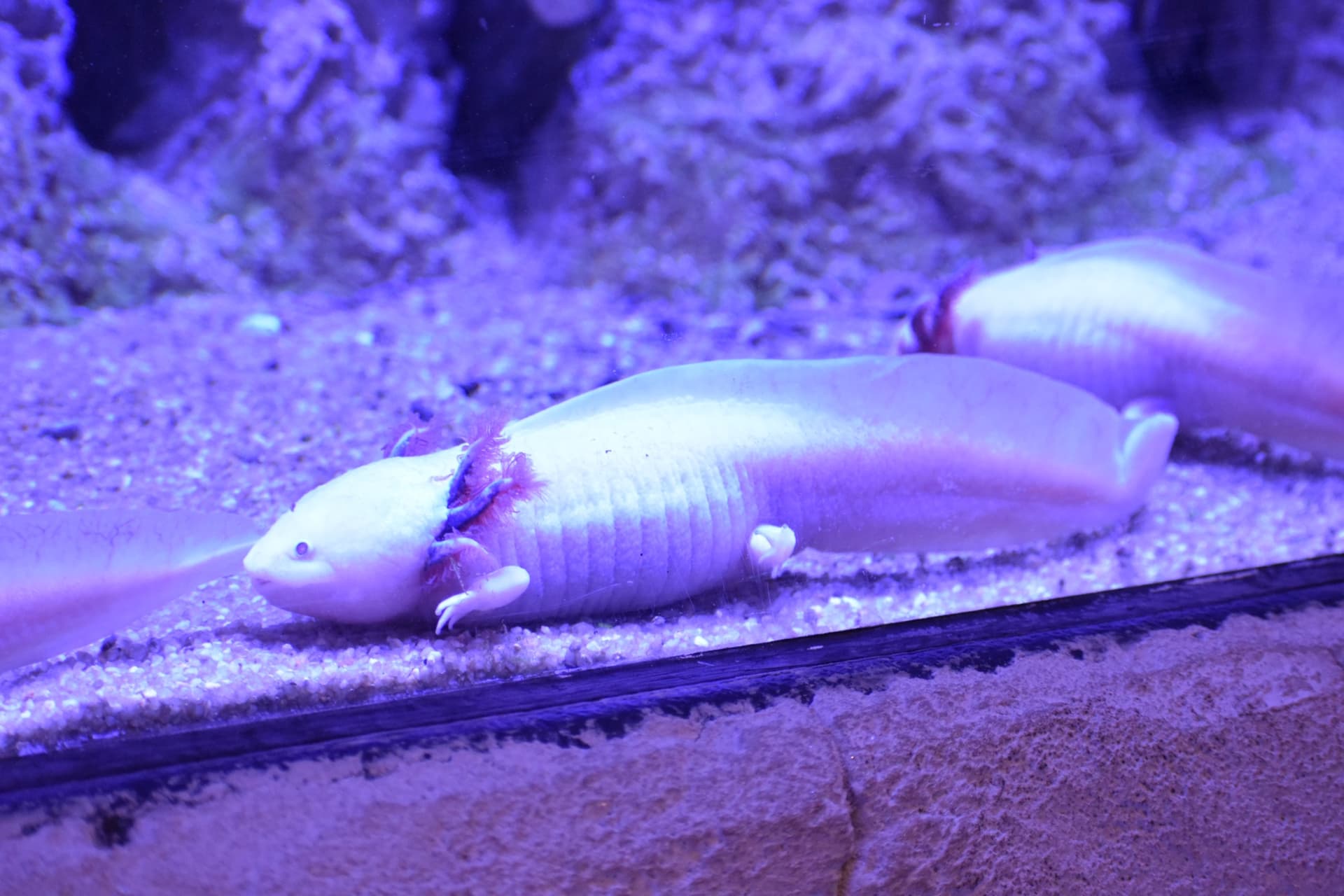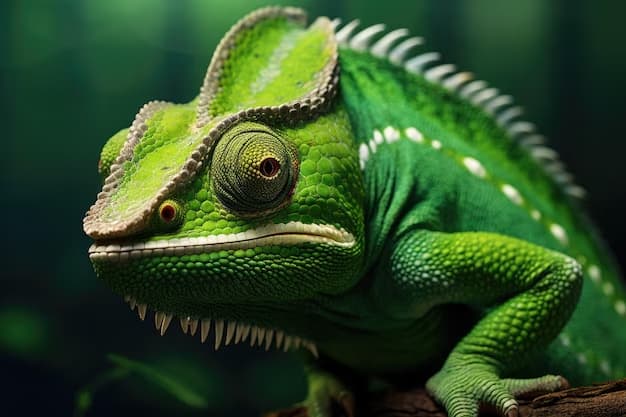
Find Exotic Vets Near You
Verified UK exotic animal specialists, comprehensive care guides, and legal information—all in one trusted place.
Every clinic listed is RCVS-checked and confirmed to treat exotic species.
Care Guides by Species
Discover how to keep your exotic pet healthy, safe and thriving. Each guide covers diet, habitat, handling, health checks and UK legal requirements.
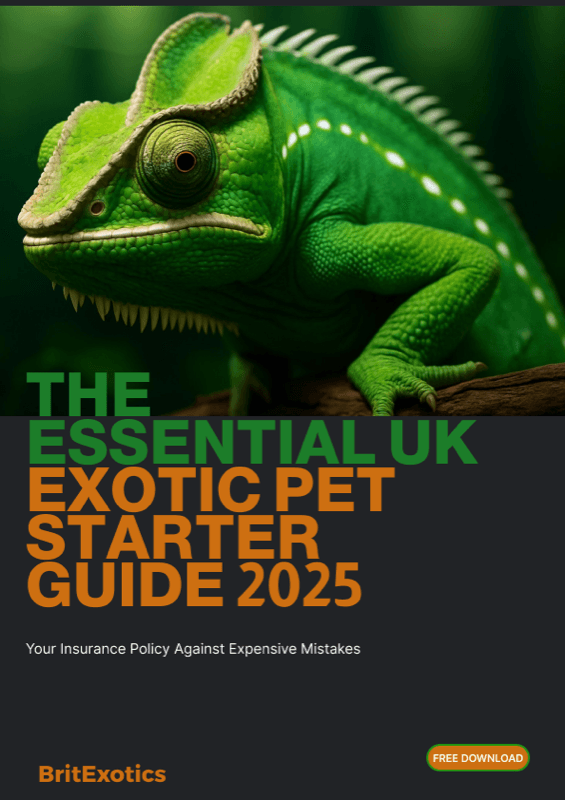
Ready to Start Your Exotic Pet Journey the Right Way?
Get your free 2025 Exotic Pet Starter Guide — the essential UK handbook for first-time exotic pet owners. Avoid beginner mistakes, stay legal, and keep your new pet thriving.
Latest Articles
Expert insights, health advice and setup guides for exotic owners across the UK.

Can You Keep a Fennec Fox in the UK? Legal Status, Care & Costs 2025
Complete guide to fennec fox ownership in the UK: legal status (no DWA licence required), housing requirements, diet, costs (£1,500-£2,500+), health issues, and why the RSPCA advises against keeping them. Official sources.

Ball Python Care Guide UK 2025: Complete Royal Python Husbandry
Complete ball python care guide for UK owners: vivarium setup (4x2x2ft), temperature gradients (24-32°C), feeding schedules, common health problems, and why royal pythons make excellent first snakes. RSPCA-verified advice.

Budgie Health Problems UK 2025: Signs of Illness & Common Diseases
Complete guide to budgie health problems in the UK: 12 common diseases, symptom checker, droppings guide, treatment costs (£45-£150), and when to see an avian vet urgently.
Frequently Asked Questions
Everything you need to know about keeping exotic pets in the UK
What exotic pets are legal in the UK?
Most common exotic pets are legal in the UK without a licence, including bearded dragons, leopard geckos, corn snakes, ball pythons, budgerigars, cockatiels, chinchillas, guinea pigs, and ferrets. However, some species require a Dangerous Wild Animals (DWA) licence (e.g., venomous snakes, primates), and certain species are banned under Invasive Alien Species (IAS) regulations (e.g., red-eared slider turtles). Always check current legislation before acquiring any exotic pet.
Do I need a licence for an exotic pet in the UK?
Most beginner-friendly exotic pets like bearded dragons, leopard geckos, and budgerigars do NOT require a licence in the UK. However, a Dangerous Wild Animals (DWA) licence is required for species deemed dangerous under the DWA Act 1976, including venomous reptiles, large constrictors, primates, and certain large lizards. Licences are issued by your local council and require inspections. Check our legal hub for species-specific requirements.
How much does it cost to keep an exotic pet in the UK?
Initial setup costs range from £150-£600 depending on species (enclosure, heating, lighting, substrate). Monthly running costs typically range from £15-£40 for food, electricity, and substrate. Annual veterinary checkups cost £40-£80 for routine care. Emergency vet visits can cost £100-£300. Exotic pet insurance (£8-£25/month) is recommended. Total first-year cost is typically £400-£900, then £200-£500 annually.
What should I feed my exotic pet?
Diet varies greatly by species. Bearded dragons eat insects (80% juvenile, 20% adult) and vegetables (20% juvenile, 80% adult). Leopard geckos eat live insects only (crickets, dubia roaches, mealworms). Ball pythons eat appropriately-sized frozen/thawed rodents every 1-2 weeks. Birds eat species-specific pellets, seeds, and fresh vegetables. Always research your specific species' dietary needs and dust insect feeders with calcium powder.
Where can I find an exotic vet near me in the UK?
Use BritExotics' vet directory to find RCVS-registered exotic animal specialists across 12 major UK cities including London, Manchester, Birmingham, Edinburgh, and Glasgow. Filter by city, species specialisation (reptiles, birds, mammals, aquatic), and 24/7 emergency availability. Not all general practice vets treat exotic animals—always choose a vet with exotic animal certification or extensive experience with your pet's species.
Are exotic pets suitable for beginners?
Yes! Many exotic pets are excellent for beginners. Top beginner-friendly species include leopard geckos (easiest reptile), bearded dragons (most interactive reptile), corn snakes (easiest snake), budgerigars (easiest bird), and guinea pigs (easiest mammal). These species are hardy, have straightforward care requirements, tolerate handling well, and are widely supported by UK exotic vets. Avoid advanced species like chameleons, axolotls, or African grey parrots as your first exotic pet.

